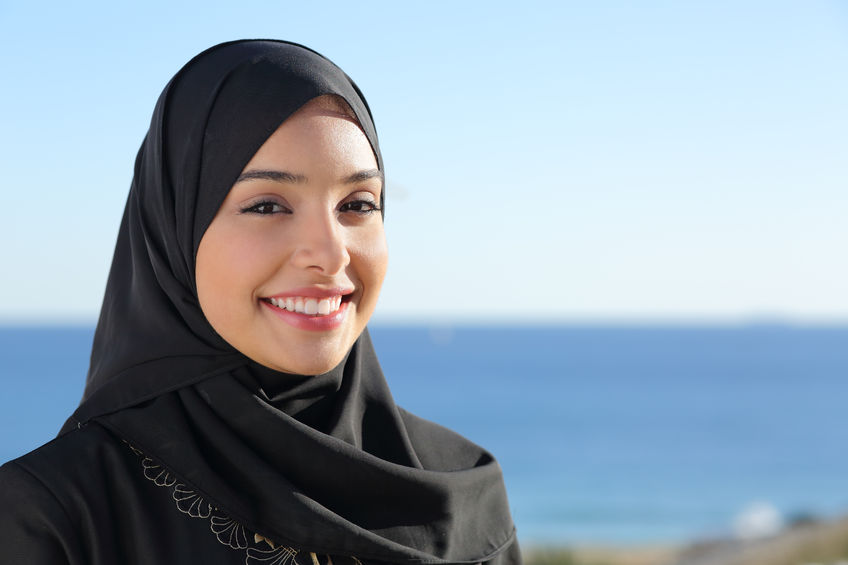
Are you unfamiliar with the term halal? It’s a safe bet that you won’t be for much longer. Halal is the Arabic term for “permissible,” referring to any action or object that is allowed under Islamic law and adheres to the Quran. Although the term is most often used to refer to food and food preparation, it also covers the complex series of Islamic laws governing travel, media, prayer, finance, recreation and cosmetics – and spas are starting to pay attention.
A powerful emerging market
With the global Muslim population expected to rise to 2.2 billion by 2030, up from 1.6 billion in 2010, it’s no surprise that halal tourism is one of the world’s most dynamic global tourism segments. According to the United Nations World Tourism Organization, the growing Islamic tourism market is expected to reach a value of $181 billion in 2018, up from $36 billion in 2014. (It’s worth taking a peek at crescentrating.com, halalbooking.com or tripfez.com, all of which provide insight into current demand for halal-conforming destinations in the flourishing Muslim tourism sector.)
Not surprisingly, interest in halal cosmetics has increased in tandem, with Google searches for “halal cosmetics” rising steadily since 2013. Consumer demand for halal cosmetics is on the rise as well, at an anticipated compound annual growth rate of 14.63% between 2017 and 2021; global Muslim spending on cosmetics is expected to reach $73 billion by 2019.
Global opportunity
While many Muslim-majority countries in the Middle East now have plenty of resort and spa options for halal travellers, there’s also significant market growth in Europe and North America. Companies like Claudia Nour’s New York-based Glow by Claudia, the California-based Amara Cosmetics and Sampure Minerals in the UK all cater to North American and European Muslims seeking halal alternatives to mainstream products.
“[Halal] requirements haven’t been addressed by big companies in the past, but now with a growing Muslim population in North America and Europe, these companies are starting to realize that it’s an untapped market, and the only way to access it is by meeting these requirements,” says Claudia Nour.
Broad-based appeal
If you suspect there’s no market for halal cosmetics in your spa, think again – halal cosmetics can appeal to a broad spectrum of conscious consumers. Because halal products are manufactured without alcohol or pork-derived ingredients and frequently utilize natural and non-toxic ingredients that conform to whudu, the practice of ritual washing at prayers, they often match or exceed standards for environmentally friendly and animal-friendly cosmetics.
“With the growing trend towards eco-friendly and natural products, I think halal cosmetics add great value to this market,” says Nour. “Halal requirements do not only apply to ingredients that are free of pork and alcohol; they also extend to business practices that will not cause harm to the environment, that [support] secure fair trade and do not cause cruelty to animals. These are all requirements for Muslims in every part of our life, especially in business transactions, so halal cosmetics benefit not only the consumer but the planet as well.”
(Image: Copyright: antonioguillem / 123RF Stock Photo)




The Halal Cosmetics Market is projected to witness significant growth over the forecast period, primarily due to the growing Muslim population across the globe. In addition, the growing population of absolute vegans worldwide is acting as another driver propelling the halal cosmetics market growth.Asia Pacific is expected to retain the largest market share for halal cosmetics market.
The worldwide halal cosmetics market is estimated to grow at a CAGR of 6.0% between 2018 and 2026.
Click to Get Sample Copy of This Report @ https://goo.gl/4FYgPV